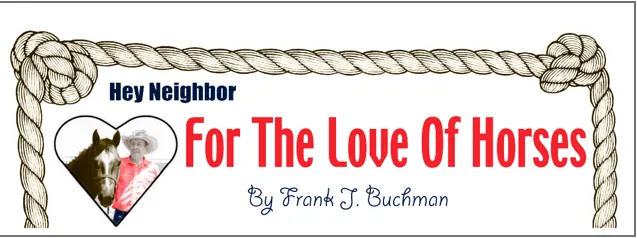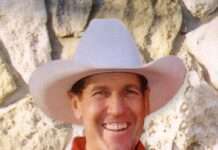A generation ago most Kansans, from metro, ‘burbs or boondocks, recognized a connection with their state legislators. What happened in town or on the farm could often be traced to what happened in Topeka. Schools, roads, taxes and groceries were among many topics that mattered locally and mattered at the statehouse.
When the legislature was in session, winter weekends at home included Saturday events – morning or noon – with local senators and representatives. Often they were well-attended. A road project, school aid, help for the poor, a tricky zoning dispute might be on the table. Taxes were seen from countless angles.
During the summer, when the legislature was not in session, senators and representatives would head west from the northeast on buses or in cars. They met colleagues on their turf to take the local pulse, chat with local editors, walk the streets, convene public listening sessions. When he was president of the Kansas Senate, Bud Burke, an Olathe (Johnson County) Republican, might be at a table in Satanta with LeRoy Hayden, the Democratic senator from far southwest Kansas. Or with Fred Kerr, the senate’s Republican majority leader from rural Pratt, or in Parsons with Mike Johnston, the senate’s Democratic minority leader.
This happened as the late 1980s turned to the ’90s. Kansas was in turmoil because the state’s school funding formula had been turned inside out and property taxes had doubled and tripled almost overnight. Angry protesters had mobbed the Capitol, demanding relief. Legislators were under pressure to fix the trouble and rebuild a system upended in a perfect storm of federal tax reform, property classification and reappraisal.
Everyone shared the trouble. Discussions could be heated but legislators recognized that resolution would demand cooperation and compromise.
“The urban legislators must understand the problems of rural areas and the rural legislators need to do the same for cities,” said Sen. Ross Doyen, a Concordia Republican who had been Senate president from 1976-’84.
At the time no party dominated the legislature. Republicans held a slim majority in the House (67-58) and a thin margin (22-18) in the Senate. The parties held fundamental differences and argued them forcefully. But in the face of real trouble, they agreed to a common charge – first, to resolve conflict among dissidents in their own parties and second, to find ways to work with the opposite party.
“From a partisan point,” Kerr said at the time, “we should redouble our efforts to work for solutions among rural and urban interests. The great array of issues, from education and taxes through reappraisal and transportation, must be resolved with statewide solutions.”
In those days, Burke (who died in 2017) and Kerr were moderate, experienced and respected. Although personal friends, they awakened sectionalism because they came from regions with long-standing differences. Their districts represented fundamental conflicts between those who value land for what it can grow, and those who value land for how it can be sold.
“There will be coalitions and there will be severe partisanship,” said Burke. “We must be very careful, and remember that Democrats represent the same kind of people that we do. The overall disenchantment with Johnson County is deep. But I believe every inch of Kansas soil is important, and the people who walk on any part of it are equally important.”
Over four grinding years, from 1988 through 1992, the legislators formed coalitions that survived heated battles over turf and influence. The results included massive new highway programs, historic reform of the school finance formula, new structures for property and income taxes and a reinforcement of state aid to cities and counties.
Today?
Legislators argue about vaccines. Or gun control. Or abortion and religion, topics once considered personal matters with no place in the public political arena.
Republicans now hold power with commanding, veto-proof majorities in the House (86-39) and state senate (29-11), but take their policy orders from cause lobbies headquartered in Washington.
Democrats have retreated to their comfort caves in the metropolitan northeast, offering little more than a wave to the western horizon.
The Statehouse has become a place of boredom and futility, one party moved only by a primal urge to prevail, the other on life support.
The stark issues facing all Kansans, rural and urban, continue to simmer toward boiling. Energy at Topeka belongs to the special interest platoons stirring up culture wars. Any suggestion of cooperation or shared purpose, any hint of homegrown resolution, is considered out of bounds. Local politics is steamrollered by distant engineers. In Topeka, the mutual objective is a distant memory.




